Product Description
Loose Ring Training Snaffle
Loose Ring Training Snaffle made of German Silver, an alloy comprised of 60% copper, 20% nickel and 20% zinc. The round link between the two arms of the bit produce no nutcracker action, making the 18mm version of this bit a more gentle bit compared to a standard snaffle. The mouthpiece of the 14mm loose ring training snaffle is slightly more narrow, making it slightly more severe on the horse’s mouth. A loose ring snaffle is the most common bit you will find because it provides direct pressure without leverage. Pressure from the rider’s aids flows directly from the rein to the horses tongue and the edges of its mouth.
- Loose ring French link
- Made of German Silver
- No nutcracker action
- Individually inspected for quality
- 2 widths – both USEF dressage legal (based on 10mm rule)
Loose Ring Snaffle
Loose ring snaffles are considered by some to be the most basic of English riding bits. Many trainers choose to start / back horses using this type of bit. The ring shaped cheek pieces attach to the bit “loosely”, running through drilled out holes. This allows the mouthpiece (aka bit) to move freely, regardless of what the rings are doing. This makes independent tongue and jaw movement possible even when there is pressure on the bit from the reins.
Other Types of Snaffle Rings
A snaffle by definition is a non leverage bit that applies direct pressure to the horses mouth. A snaffle may or may not have a jointed moutpiece, and a bit with a jointed mouthpiece is not necessarily a snaffle. Other types of snaffle rings include:
- Loose ring. The ring allows the mouthpiece to freely slip around and rotate, encouraging the horse to relax his jaw, chew the bit, and make foamy saliva. Pinching may occur if the holes are large.
- Egg butt or barrel head bit. An extended joint of the eggbutt bit prevents pinching of the lips. Eggbutt snaffle or barrelhead bits are more stable in the mouth and rotate less freely than loose ring bits.
- Dee ring or racing bit. Dee ring bits have a joint that extends to upper ends of the “dee”. This bit typically doesn’t pinch the horses mouth. The large d sides have a guiding effect when used for turns.
Benefits of German Silver
German silver is an alloy of copper, nickel and zinc. The combination of materials is highly corrosion resistant and easy to clean. For the horse, the taste of a German Silver bit and other alloys similar to German Silver such as copper, manganese and zinc or silicon have been seen to positively influence the horses satisfaction in terms of taste resulting in the production of saliva, reducing muscle tension and stress. Your loose ring training snaffle with German Silver will outperform a simple stainless steel model and will last longer.
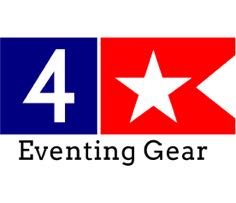

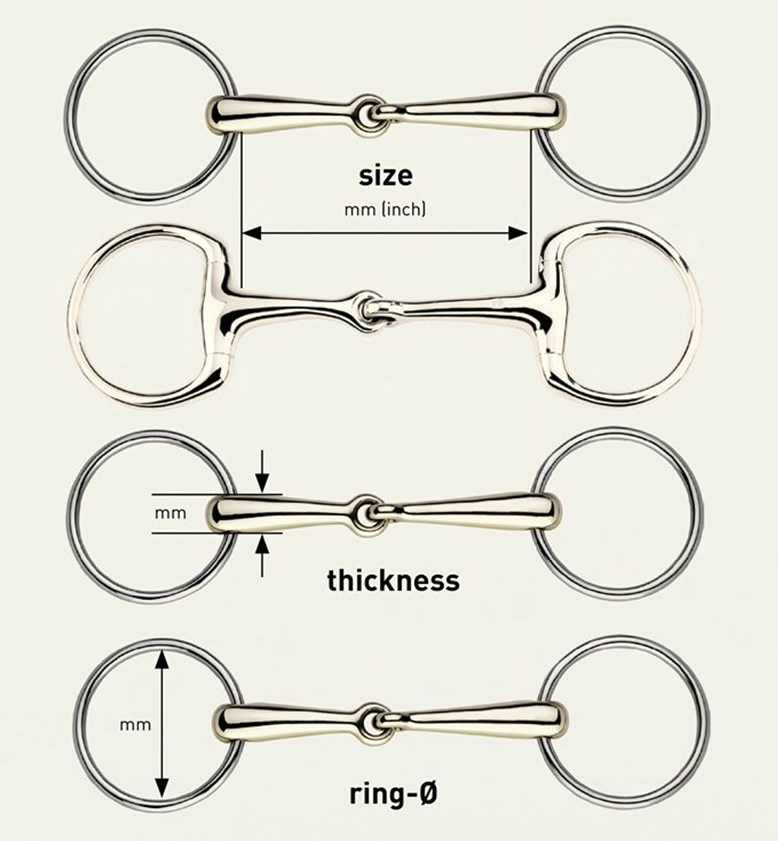
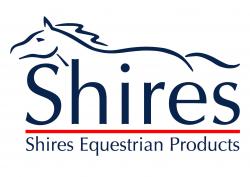

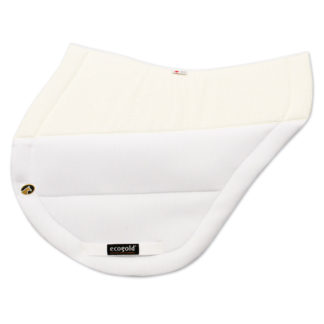
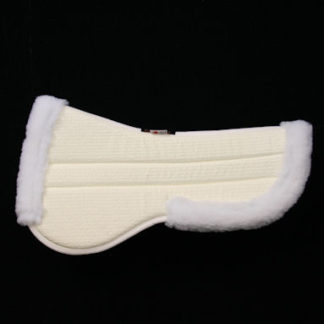
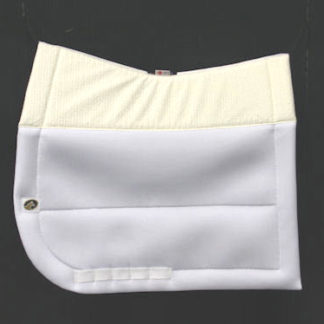
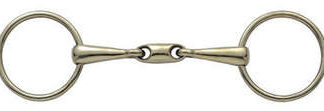
Reviews
There are no reviews yet.